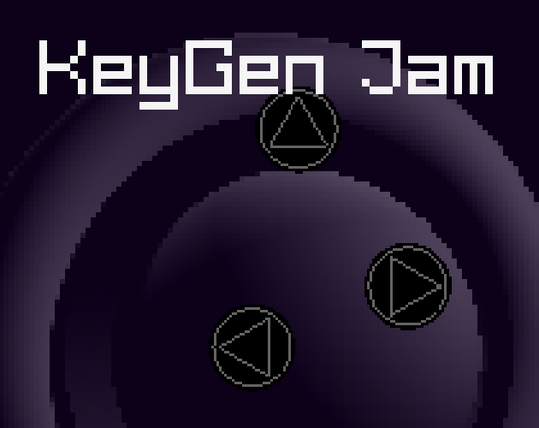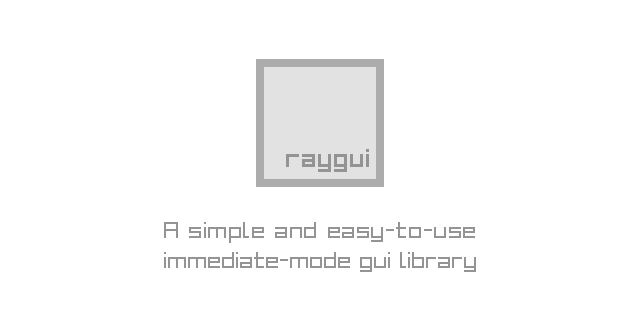Ok blatant #GameDev self promotion time:
I only got 3 reviews on my #gmtk2025 #GameJam entry which is not playable in the web. I think I made a really enjoyable and polished #game in #RayLib
It's a #DemoScene themed rhythm game. the zip file or tarball can fit on a #floppy with graphics that are basically ray-traced, and it runs on my potato!
You can try it out and give me a rating here:





